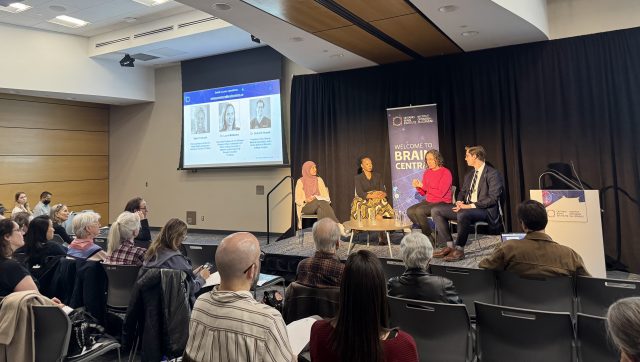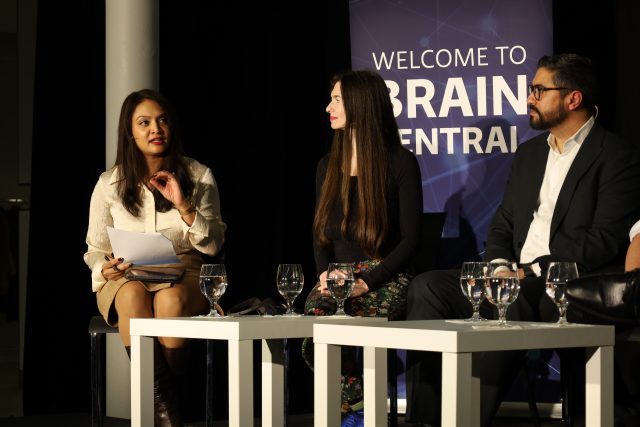OBI Public Talk on Women’s Brain Health
“These women are so wise, empathetic, and passionate about their work, and I feel truly ‘seen’ for the first time in a long time,” said one attendee after an OBI public talk on December 7, 2022.
Panelist Profiles

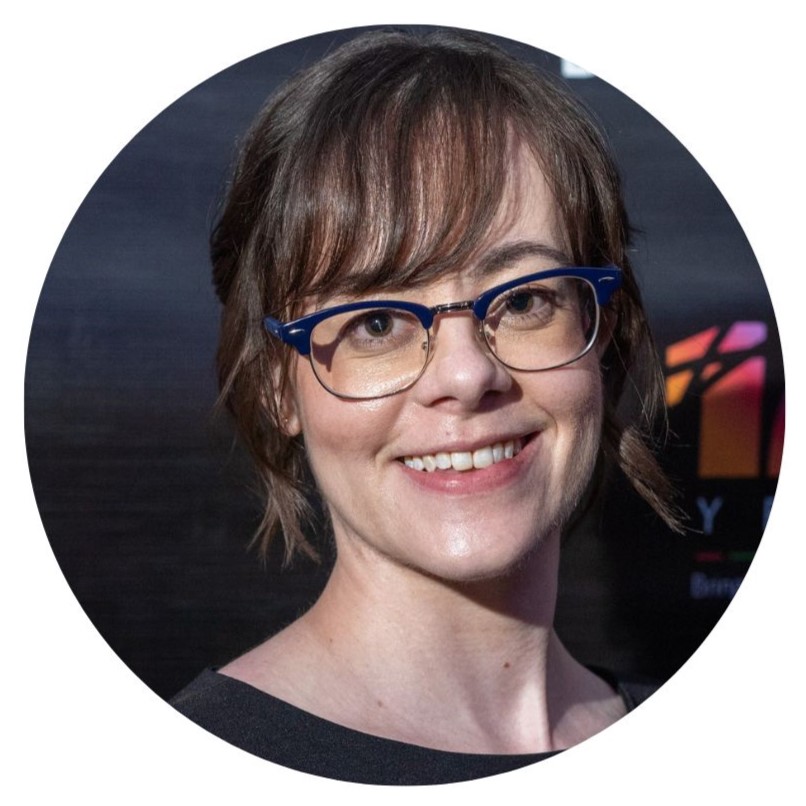
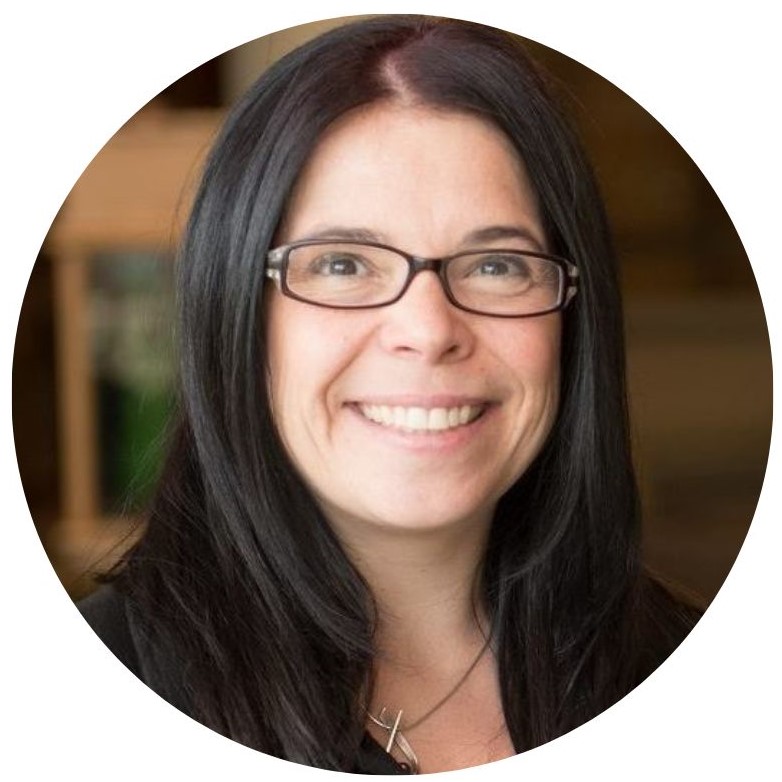
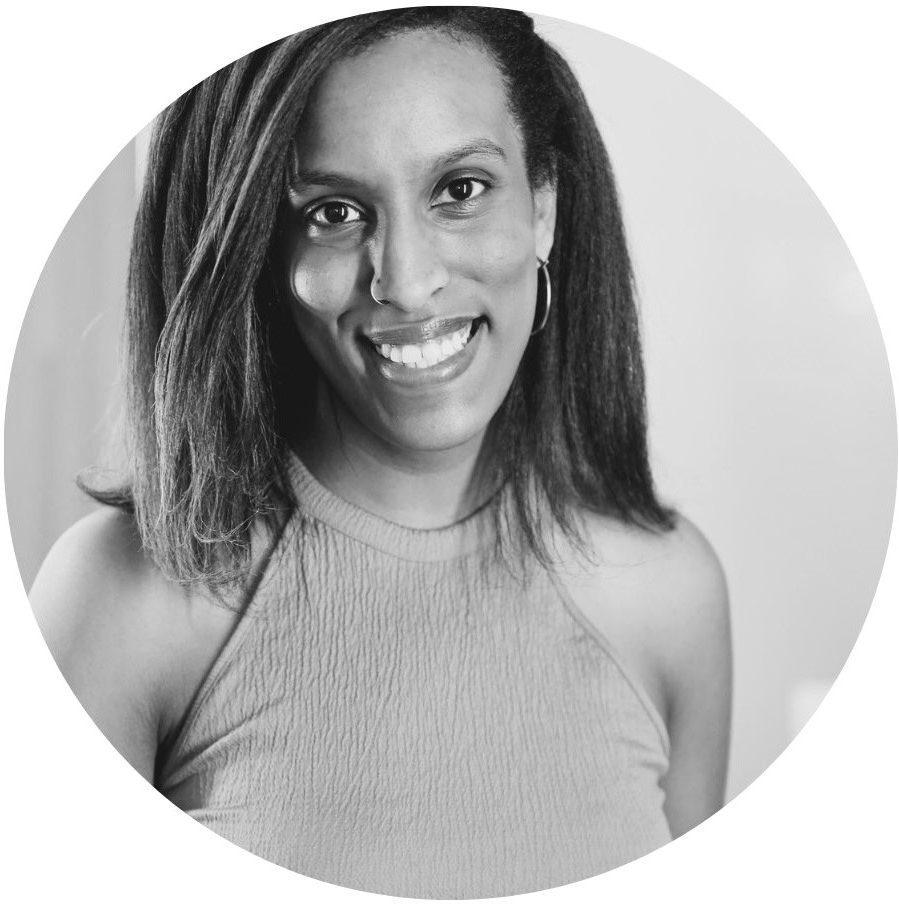
From normalizing discussion of brain disorders that affect women such as epilepsy, multiple sclerosis (MS) and concussion from intimate partner violence, to unpacking issues around advocacy and accommodation in the workplace, expert panelists at the Women’s Brain Health public talk did not shy away from calling for a reframing of women’s brain health issues to destigmatize and create pathways to appropriate care.
Lin, Gena, Sarah and Rackeb had a lot to say about the profound impact that sex and gender differences have on people living with brain disorders and how managing a neurological condition or traumatic brain injury bears down heavily on women’s quality of life.
Gena on the act of normalizing a disability: “The process of normalizing [epilepsy] for me has been really hard work of trying to undo all the toxic dialogue that we as women internalize. That I am not making this up. That I am not hysterical…We need to listen to women and believe what they are saying, and whether that be in a healthcare setting, or hearing someone when they come to you to disclose that they are struggling with their epilepsy or another invisible or visible disability. Believe in them and believe their experience.”
Sarah on stigma associated with MS: “One of the problems with multiple sclerosis is that you cannot predict what somebody is going to look like with their condition. One person might have a lot of physical impairment and no cognitive issues, but on the flipside, someone else might have cognitive fatigue and that is their only ability symptom. So, you may see them walking on the street and not know they have MS. That means we are keeping many of our patients doing everything they want to do, but it does mean that they face an extra stigma. There is an expectation that as a woman that you should be doing everything, but on top of that you may have an invisible disability that people cannot see and understand.”
Lin on sobering numbers pertaining to traumatic brain injury caused by intimate partner violence: “We know that approximately one in eight Canadian women may have a brain injury as a result to exposure of intimate partner violence and that statistic is equivalent to the breast cancer rates here in Canada. We are talking at the same numbers of people who may be experiencing those conditions, but unlike breast cancer, this is an injury that is very likely to be undiagnosed, untreated, and quite possibly unknown to the survivor herself or her closest supporters. This is a very much invisible and hidden challenge… We need to listen to survivors. Really listen to them and include them in all aspects of research and practice.”
Rackeb on self-advocacy and believing women: “At the end of the day, you are the expert of your own body…[But] a reminder that these voices represented tonight are one of many and we need to acknowledge the diversity of experiences women have navigating brain health, which are tethered to multiple factors, like race and socioeconomic status. So, moving forward, we need our discussions to reflect this intersectional identity and include these voices, particularly racialized women, trans women, women who have been the most marginalized in society.”
Watch OBI’s Public Talk on Women’s Brain Health on YouTube.
RESOURCES
Women’s Brain Health:
Stigma and women with disabilities
Improving disability inclusion in the workplace
Time to invest in Brain Health, and recognize Gender Differences
Abused & Brain Injured Toolkit: brain injury services across Canada
SOAR (Supporting Survivors of Abuse and Brain Injury Through Research): British Columbia, Canada
Ohio Domestic Violence Network (ODVN): Ohio, USA
Video Resources:
OBI Public Talk: Intimate Partner Violence and Concussion
Women in Neuroscience with Judith John
Women in Neuroscience with Gillian Einstein
My Life with Epilepsy: Whitney Goulstone
Meet Gena Meldazy. This is what she wants you to know about epilepsy
Meet Lucie Langford. This is what she wants you to know about depression
Partner Links:
EpLink: The Epilepsy Research Program of the Ontario Brain Institute
Wilfrid Laurier University: Faculty of Social Work
The Acquired Brain Injury Research Lab: University of Toronto
Western University Clinical Neurological Sciences
London Health Sciences Centre: London MS Centre
Women’s Brain Health Initiative’s BrainFit App

